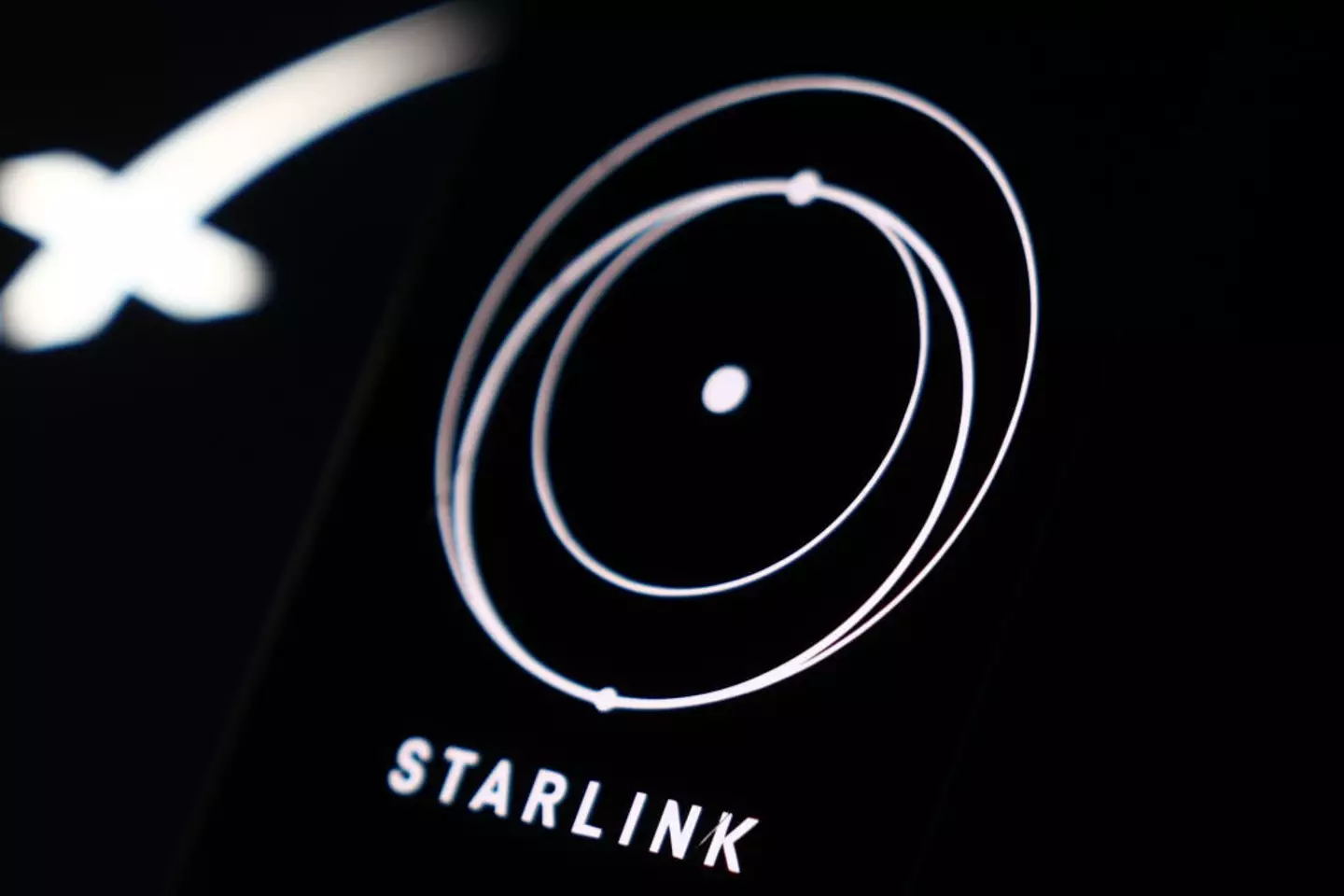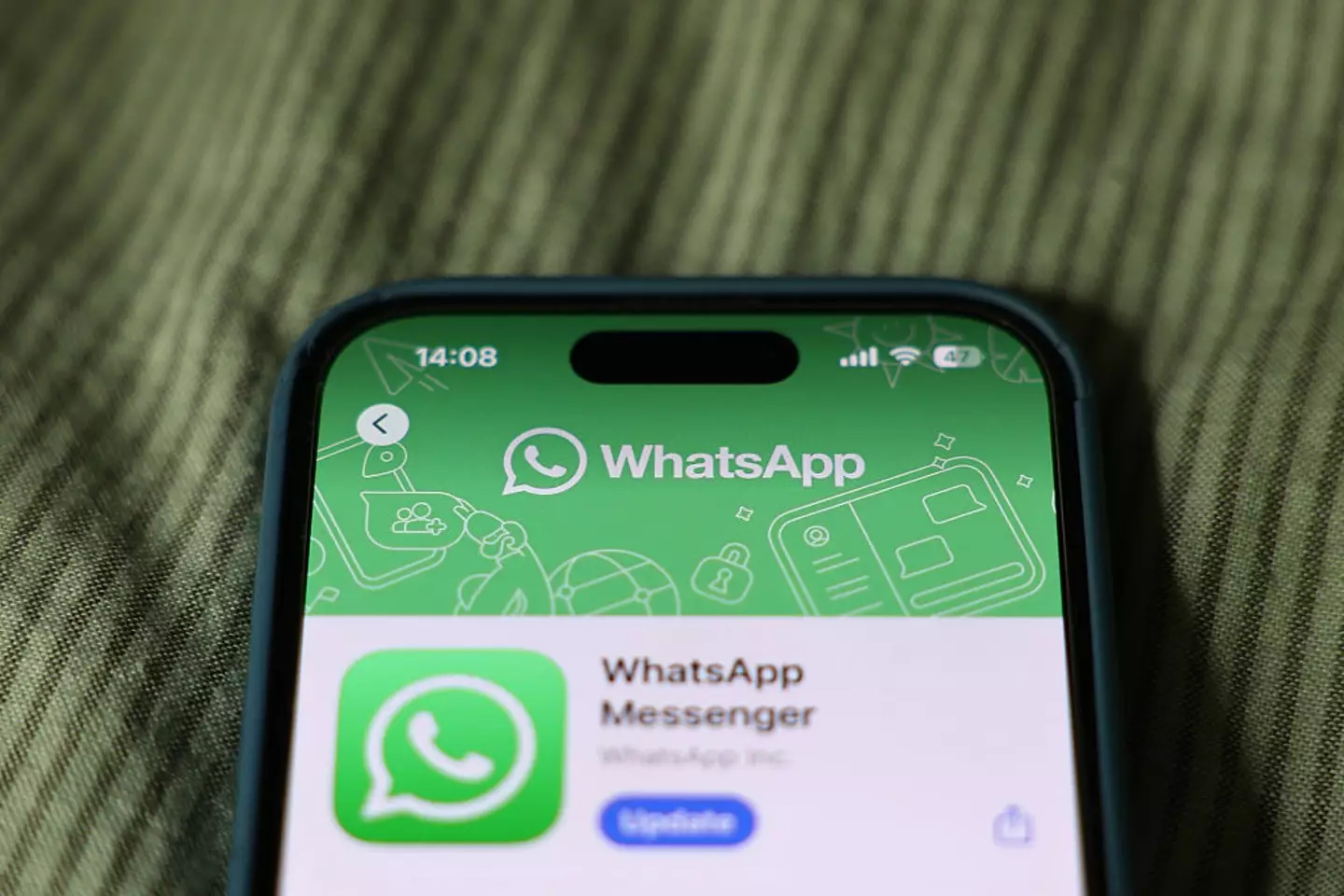
WhatsApp speaks out after Iranian government urged 90 million citizens to delete the app immediately.
Political tensions in Iran have reached a boiling point this week following the country's missile strikes on Israel.
In response to the escalating situation, Iranian authorities imposed a widespread internet blackout across the nation, cutting off millions of citizens from online communication and information.
As the news went viral, Elon Musk stepped in to bypass the government's attempts to control internet access by activating his Starlink satellite internet service. The SpaceX company provided essential communications for 90 million Iranian citizens.
Advert
Now, Iranian state TV has made a public announcement, telling all Iranian citizens to immediately remove WhatsApp from their phones.

Without providing specific evidence, the government claimed the popular messaging app was collecting user data and sharing it with Israel.
However, the Meta-owned app has responded, saying it was 'concerned these false reports will be an excuse for our services to be blocked at a time when people need them the most.'
WhatsApp emphasises the platform's security features like end-to-end encryption, which essentially means only the sender and recipient can read the messages. Even if someone intercepts the messages, they will be unreadable.
“We do not track your precise location, we don’t keep logs of who everyone is messaging and we do not track the personal messages people are sending one another,” WhatsApp added. “We do not provide bulk information to any government.”
While WhatsApp's encryption appears robust, cybersecurity experts point out that the situation isn't quite as black and white as the company makes it out to be.

Gregory Falco, an assistant professor of engineering at Cornell University and cybersecurity expert, said it’s been demonstrated that it’s possible to understand metadata about WhatsApp that does not get encrypted. According to Falco, people have 'not been interested in engaging with WhatsApp' for that exact reason.
Another concern is data sovereignty, which is where information is physically stored.
WhatsApp's data from Iranian users isn't necessarily kept on servers within Iran's borders, which means foreign governments or intelligence agencies could potentially access it, Falco added.
“Countries need to house their data in-country and process the data in-country with their own algorithms," he explained. "Because it’s really hard increasingly to trust the global network of data infrastructure."
Despite being one of Iran's most popular messaging apps besides Instagram and Telegram, the nation banned WhatsApp and Google Play in 2022 during mass protests after a young woman died while in the custody of the country's morality police. The ban was lifted late last year.
The data security issue on social media platforms isn't unique to Iran. Many countries are juggling questions about where their citizens' digital data is stored and who can access it.